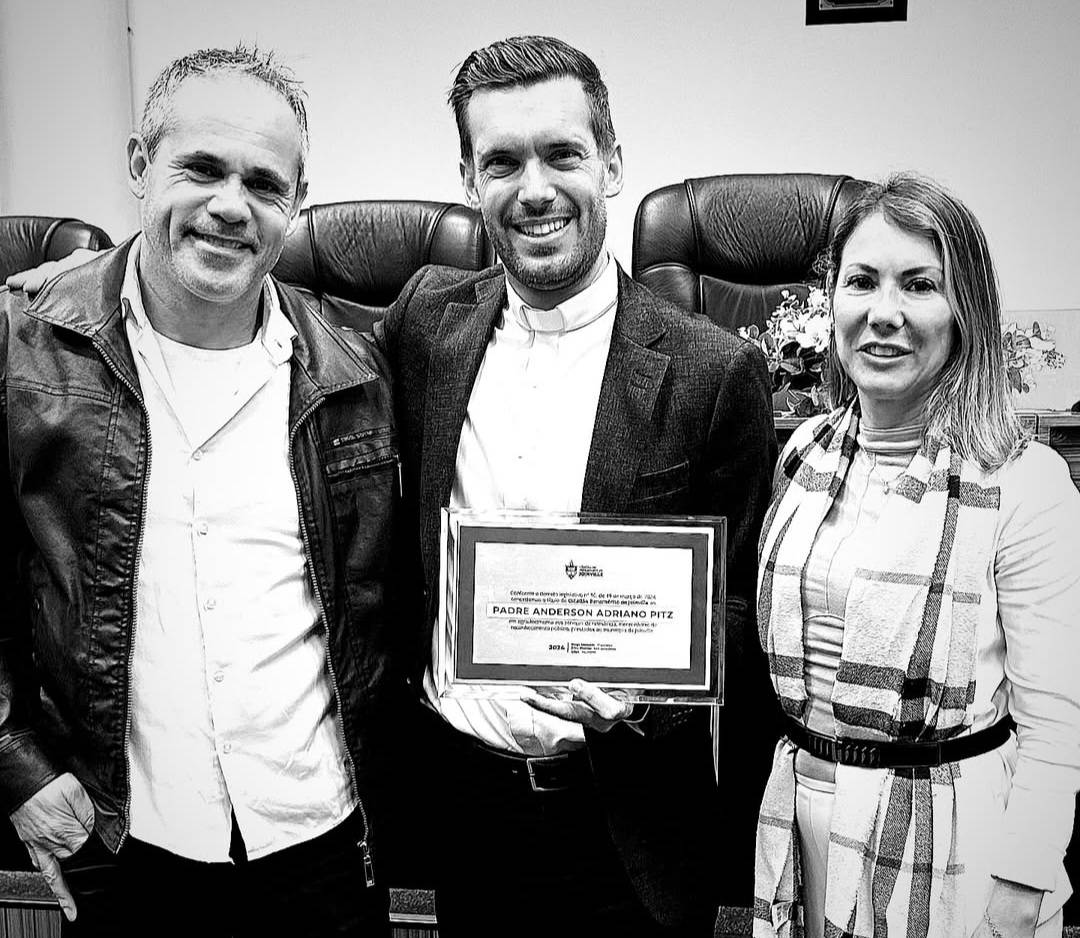ROME – Chile today is home to over 185,000 Haitians, who have fled their country after a series of natural disasters and long-standing political corruption.
After the Aug. 15 earthquake that left at least 2,000 people dead, tens of thousands injured, and half of the Catholic churches in the country destroyed, the bishops of Chile are asking this Latin American nation of less than 20 million to step up to the challenge again.
“We believe that a concrete way to show solidarity with Haiti, affected by a new earthquake and a permanent social crisis, is to facilitate the regularization of the migratory situation of thousands of Haitians residing in our homeland, opening to them the possibility of bringing their children and close relatives,” wrote the bishops in a statement released earlier this week.
The prelates also argue that within the framework of the regulations currently in force Chile, but also following a “fraternity that is called to be universal, we can grow in welcoming and integrating those who flee poverty, war and other forms of violence, seeking a more dignified life for themselves and their loved ones.”
“It is the Lord himself who reminds us: ‘I was a stranger and they welcomed me’,” they wrote in a message released on the national Day of Solidarity, marked Aug. 18, on the feast day of St. Alberto Hurtado, a Jesuit priest, lawyer, social worker, and writer who founded the Hogar de Cristo foundation, one of Chile’s largest charitable enterprises.
During the past 10 years, Haitian immigration to Chile has exploded, but not all have managed to integrate. As a response, a month after taking office in 2018, President Sebastián Piñera published a decreed that eliminated the temporary visas that allowed Haitians to gain permanent residency once they obtained a job, and then to be able to bring their families to the country.
The members of a network of Catholic charitable organization that work with migrants piggybacked on the bishops’ statement, joining the call to facilitate the regularization of Haitian migrants in the aftermath of the earthquake.
Members of Chile’s Red CLAMOR (Latin American and Caribbean Ecclesial Network on Migration, Displacement, Refuge and Human Trafficking), expressed their solidarity with the Haitian people after the latest earthquake.
“We make our own the pain of so many Haitian brothers and sisters living in Chile, whom we accompany daily, who see from a distance how their relatives suffer the effects of this emergency and embody the anguish of separation,” says the message.
Finally, the network said it joins the efforts that the Haitian people’s collectives are carrying out and “we make our own the call to the authorities of the State of Chile so that, in this context of humanitarian emergency, they make the current process of migratory regularization more flexible in view of the impossibility that the Haitian citizens have to renew or obtain the documents due to the humanitarian and political crisis that this country is going through.”
Most of the Haitians living in Chile work in low wage jobs in sectors such as construction and cleaning. With an average age of 30, they arrived with tourist visas, and stayed to work and build a new life in this long and narrow country wedged between the Andes mountains and the Pacific Ocean.
RELATED: Amid tumult over constitution, Chile watches two churches burn
Chile’s dynamic economic growth during the first half of the 2010s made it an attractive destination for immigrants from the rest of the region. However, things have been less steady during the past two years, after a rise in the metro fare sparked nation-wide protests that led to a referendum to re-write the constitution.
Hundreds of thousands of migrants, not just from Haiti, face deportation unless the government changes its current immigration law, which came into force on April 20. It only allows those who entered the country through an authorized crossing point before March 18, 2020, to change their immigration status. This is the day when the government of Piñera closed the borders for the first time due to the coronavirus pandemic.
On the other hand, those who entered in a clandestine manner through unauthorized crossings have 180 days to leave the country without penalty.
When promulgating the new law, Piñera said that the government does not “want organized crime, smuggling, drug trafficking and those who do not respect our laws to enter our country.”
“Those who try to enter clandestinely, not only commit a crime, but also risk being subject to expulsion,” he added.
According to the Jesuit Migrant Service, the foreign population increased from 305,000 in 2010 to 1.5 million in 2020, going from representing 1.8 percent of the total population to 7.5 percent.
This is partly explained by the explosive increase in Venezuelan migration – from a community of 8,000 in 2012 to 500,000 in 2020 – and Haitian migration – which increased from just 1,600 people in 2012 to more than 185,000 in 2019.
Follow Inés San Martín on Twitter: @inesanma

















